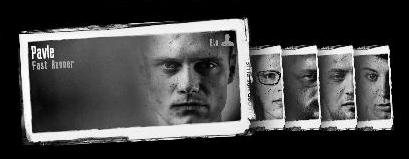


Romero had once said, “the same fate as the poor.” Reality in the light of faithĪ little over a decade earlier, at a conference in Medellín, Colombia, in 1968, the Latin American bishops gathered to discuss the implications of the Second Vatican Council for the Latin American church. They were not safe.ĭespite all of that-or because of it-the four churchwomen chose to stay and to suffer, as St. Indeed, his assassination on March 24, 1980, sent a message to all those who had taken up the “ preferential option for the poor” articulated by the Latin American bishops’ council in 1979 and promulgated across the Americas. Óscar Romero, then the archbishop of San Salvador, was not spared. Catechists, lay missionaries, priests and other pastoral workers were being threatened and killed.Įven St. Bodies were turning up in ditches along roadsides, in garbage dumps or floating in rivers, often with thumbs tied behind their backs. Student activists, human rights workers, labor and campesino organizers and political opposition leaders were all being targeted. Repression from the military and its allied paramilitary death squads had become savage and widespread by 1980.

Popular movements were being crushed by government-sponsored violence. They had friends, family members and colleagues urging them to come home.Įl Salvador had become a very dangerous place to be a missioner. “ I truly believe that I should be here, and I can’t even tell you why.… All I can share with you is that God’s palpable presence has never been more real.” – Ita Ford, M.M.Īll four women chose to stay. I almost could, except for the children.” – Jean Donovan “Several times I have decided to leave El Salvador.

“ Most of us feel we would want to stay here.… We wouldn’t want to just run out on the people.” – Dorothy Kazel, O.S.U. “If we abandon them when they are suffering the cross, how can we speak credibly about the resurrection?” – Maura Clarke, M.M.


 0 kommentar(er)
0 kommentar(er)
